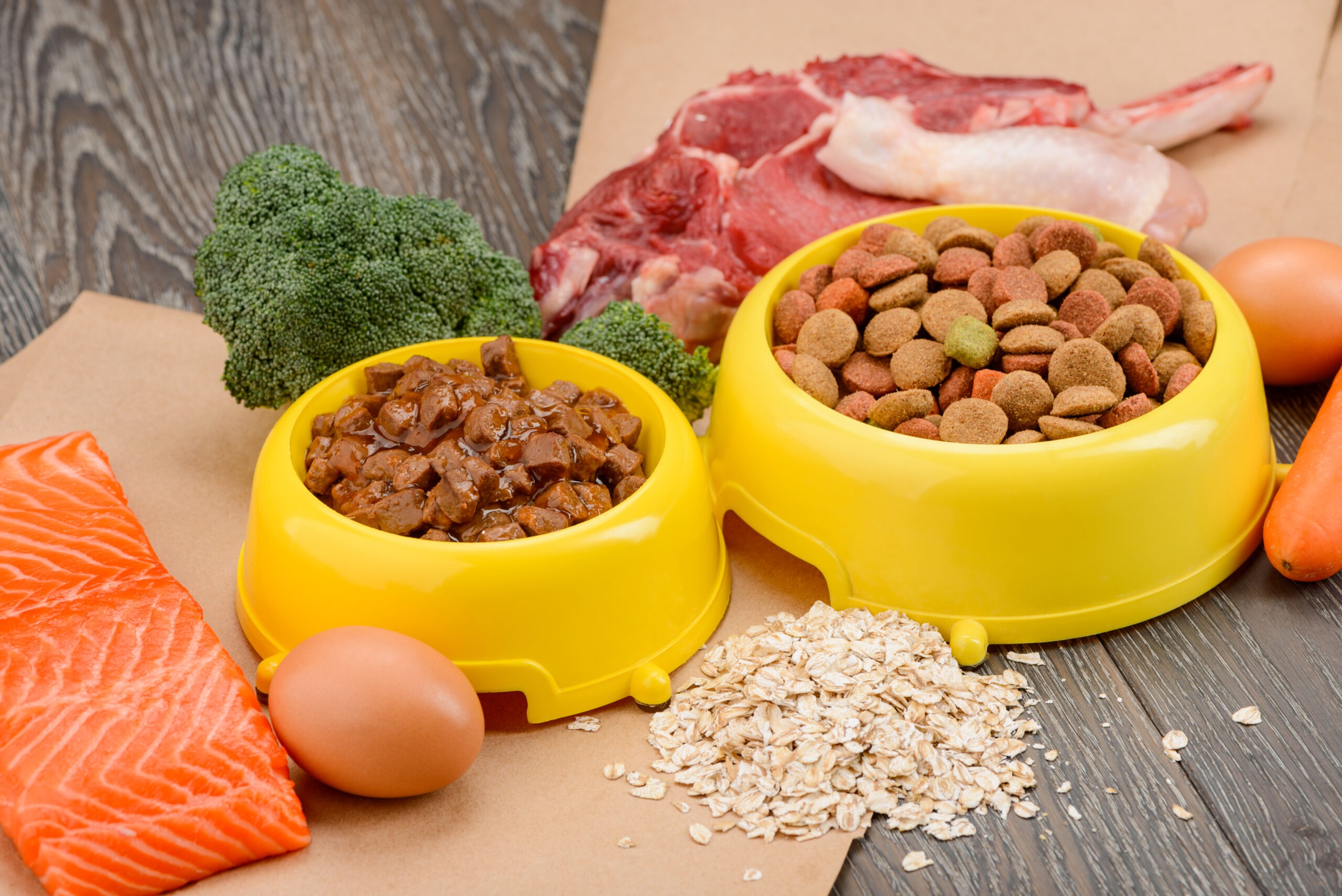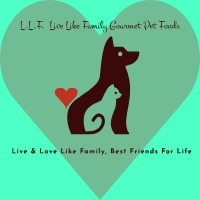Phone: (404) 301-1570
Natural Ingredients
L.L.F.G.
INGREDIENT LIST
SUPPLEMENTS
- Omega 3 fish oil
- Natural Honey
- Kale
- Carrots
- Lentils
- Strawberries
- Blueberries
- Red Tomatoes
- Pumpkin
- Peanut Butter
- Bananas
- Mangos
- Premium Gourmet Meats (Beef, Chicken, Turkey, Steak)
- Taurine, Brewers Rice, Chicken Meal, Yellow Peas, Cracked Pearled Barley, Whole Grain Sorghum, Egg Product, Chicken Fat, Soybean Oil, Brown Rice, Dried Beet Pulp, Chicken Liver Flavor, Lactic Acid, Pork Liver Flavor, Potassium Chloride, Flaxseed, (Vitamin E. Supplement, L-Ascorbyl-2Polphosphate (source of Vitamin C.), Niacin Supplement, Thiamine Mononitrate, Vitamin A. Supplement, Calcium Pantothenate, Riboflavin Supplement, Biotin, Vitamin B-12 Supplement, Pyridoxine Hydrochloride, Folic Acid, Vitamin D3 Supplement, Iodized Salt, Choline Chloride, Taurine, (Minerals-Ferrous Sulfate, Zinc Oxide, Copper Sulfate, Manganous Oxide, Calcium Iodate, Sodium Selenite), Mixed Tocopherols for freshness, Oat Fiber, Natural Flavors, Beta-Carotene, Apples, Broccoli,Cranberries, Green Peas, Krill Crustaceans, (Seaweed-Possible Add ins).
- Telomerase
- Fiber
- Vitamin C
- Vitamin D
- Vitamin E
- Vitamin K
- Iodine
- B-1
- B-6
- B-9
- B-12
- Magnesium:
- Bone Health – Supports strong bones and teeth.
- Muscle Function – Helps with muscle contraction and relaxation.
- Nerve Function – Essential for proper nerve signaling.
- Enzyme Activation – Plays a role in over 300 enzymatic reactions, including energy production and protein synthesis.
- Heart Health – Supports normal heart rhythm and function.
A magnesium deficiency in pets can lead to muscle tremors, weakness, seizures, and irregular heart rhythms.
13. Potassium:
- Electrolyte Balance – Helps maintain proper hydration and acid-base balance.
- Nerve Function – Essential for transmitting nerve signals.
- Muscle Function – Supports muscle contractions, including the heart.
- Energy Metabolism – Aids in energy production at the cellular level.
- Blood Pressure Regulation – Helps maintain normal blood pressure.
- Magnesium-rich foods: Fish, leafy greens, whole grains, and seeds.
- Potassium-rich foods: Bananas (in moderation), sweet potatoes, spinach, and lean meats.
SUPPORTING
Muscles, Joints
Prostate, Bladder,
Neurological Systems &
Brain Support
Beef, Chicken, Turkey, Steak Gourmet Dinners
(Salmon Gourmet Dinners coming soon)
4–10-pound bag(s) = small dog, under 20 lbs. 12–20-pound bag(s) = medium dog, 20-50 lbs. (or two small dogs) 24–60-pound bag(s) = large dog, 50 lbs. and over (or 2-3 medium dogs)
(Based on a Weekly Consumption)
Flexible Subscription Durations
Three-Month Plan: This option is perfect for customers who want to test the subscription model or have limited storage space. It allows for an initial commitment while introducing customers to our high-quality products. A Three-Month Subscription for Small Pets ($190.00) Med. Pets ($290.00) Large Pet ($390.00)
Six-Month Plan: This plan is great for those looking for long-term savings and convenience. This plan provides greater value for customers who know they require a consistent supply of pet food. A Six-Month Subscription for Small Pets ($280.00) Med. Pets ($380.00) Large Pets ($480.00)
Gourmet Dinner Toppers (Crunchy Jerky) comes in proportion sizes to mix with wet pet food. At Live Like Family Gourmet Pet Foods, we understand that mealtime is special for pets. Our gourmet dinner toppers are expertly designed to elevate your pets’ meals, adding flavor, nutrition, and variety to their daily diet. Every meal can become an exciting culinary adventure with options such as veggie blends, savory broths, and nutrient-rich natural additives.
Your order will arrive in a cardboard box with earth-friendly insulation, in either dry ice or cold packs to keep the food at a safe temperature while in transit. Dry ice should be left untouched in the box, where it will disappear very quickly.

When cooking meat for your dog or cat, you should consider the following:
Temperature: Cook meat to an internal temperature of 140–170°F to kill bacteria without destroying the protein quality. You can use a meat thermometer to check the temperature in the middle of the meat.
Seasoning: Avoid giving your dog seasoned meat, as many seasonings contain unsafe ingredients like garlic or onion powder.
Fat: Remove excess fat and skin from meat, and avoid cuts that are too fatty or rich.
Bones: Watch for poultry bones that can splinter.
Cooking liquid: If you’re cooking meat, it’s important to retain the cooking liquid to maximize nutrition.
Cooling: Let the meat cool to room temperature before feeding it to your dog.
Some meats that are safe for dogs and cats to eat include beef, turkey, chicken, lamb, pork, shrimp, and tuna.
Telomerase supplements: are designed to promote the lengthening of telomeres, which may help prevent age-related diseases and improve overall health and it helps regulate healthy blood pressure.

One Food One Choice One Brand
Dogs and Cats are Obligate Carnivores
Both cats and dogs are obligatory carnivores, meaning their bodies require nutrients found exclusively in animal tissue. While cats are often recognized as strict carnivores, it is important to understand that dogs also have fundamental nutritional needs that align with a carnivorous diet. The essential nutrients required for feline health are not harmful to dogs, as they share similar dietary requirements for optimal health.
Essential Nutrients for Cats and Dogs
Protein:
- Cats require high levels of animal-based protein, as it provides essential amino acids necessary for muscle growth, organ function, and tissue repair.
- Taurine and arginine are amino acids that cats cannot synthesize on their own and must obtain from their diet.
- Dogs, while sometimes considered more omnivorous, still require substantial animal-based protein for muscle maintenance and overall health.
Taurine: Can be found in Tuna, Salmon, Liver, (Hearts-chicken, turkey, beef), Chicken, Turkey, Krill, and Crustaceans
- Taurine is a critical amino acid for cats, essential for their vision, heart function, and reproductive health.
- While dogs can synthesize taurine, it is still beneficial in their diet to support overall wellness and prevent deficiencies in certain breeds.
Fats:
- Both cats and dogs require fats for energy, skin and coat health, and the absorption of fat-soluble vitamins.
- Essential fatty acids, such as omega-3 and omega-6, play a key role in maintaining healthy inflammation levels and cellular function.
Vitamins:
- Cats require preformed Vitamin A from animal sources, as they cannot efficiently convert plant-based beta-carotene into usable Vitamin A.
- Vitamin D, E, K, and B Vitamins are also crucial for metabolic function and immune support in both cats and dogs.
Minerals:
- Essential minerals for both species include calcium, phosphorus, potassium, sodium, and magnesium, which support bone health, nerve function, and hydration balance.
Water:
- Hydration is essential for all bodily functions, and both cats and dogs need a consistent intake of fresh water to maintain kidney function and overall health.
Summary:
- Cats and dogs are both obligate carnivores, requiring essential nutrients derived from animal sources.
- The specific dietary needs of cats, such as taurine and preformed Vitamin A, are not harmful to dogs and can be beneficial for their health.
- A high-quality, animal-based diet ensures both cats and dogs receive the essential nutrients necessary for a long and healthy life.
By understanding these dietary requirements, pet owners can make informed decisions to provide the best nutrition for their cats and dogs, ensuring optimal health and longevity.

